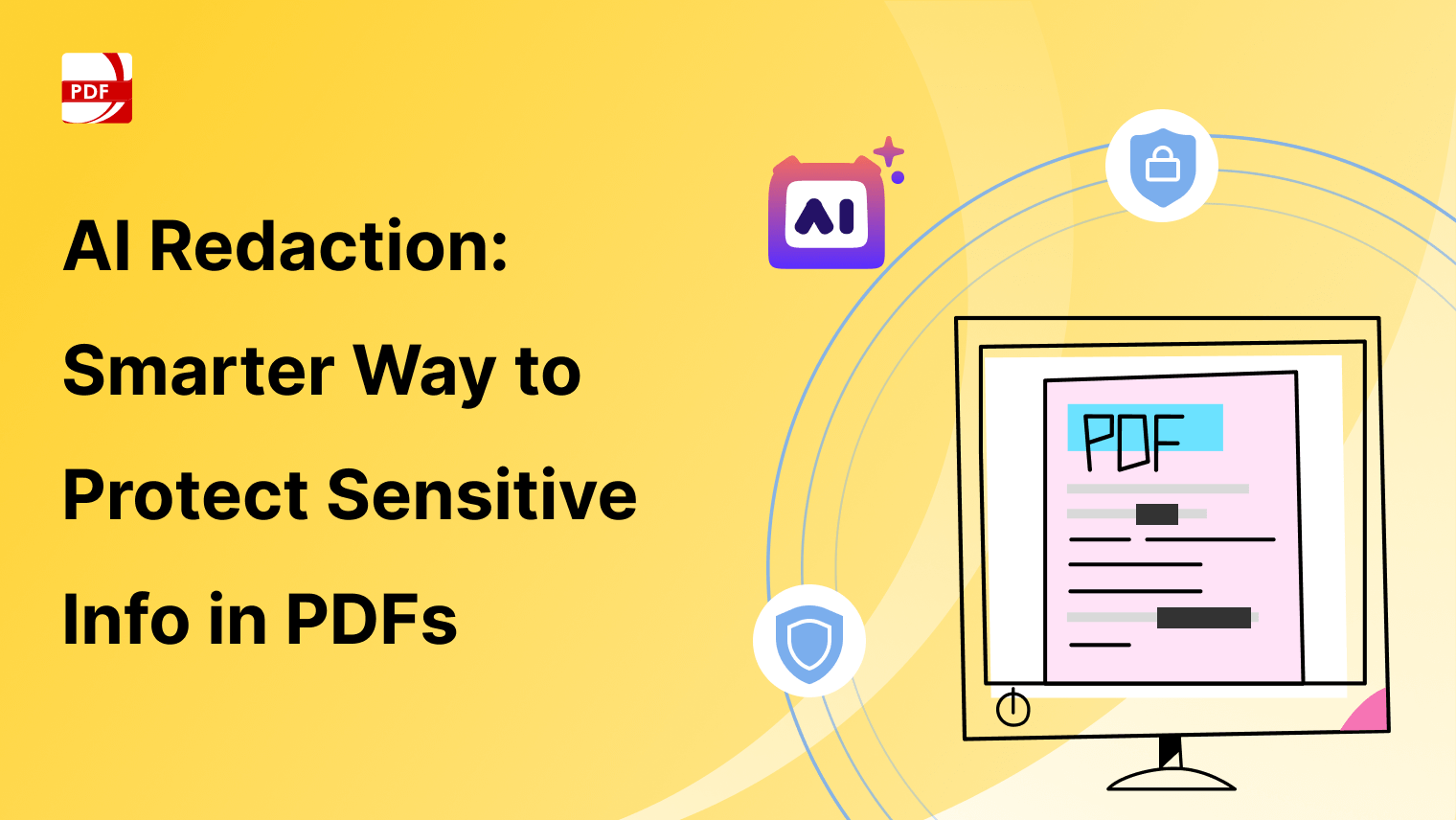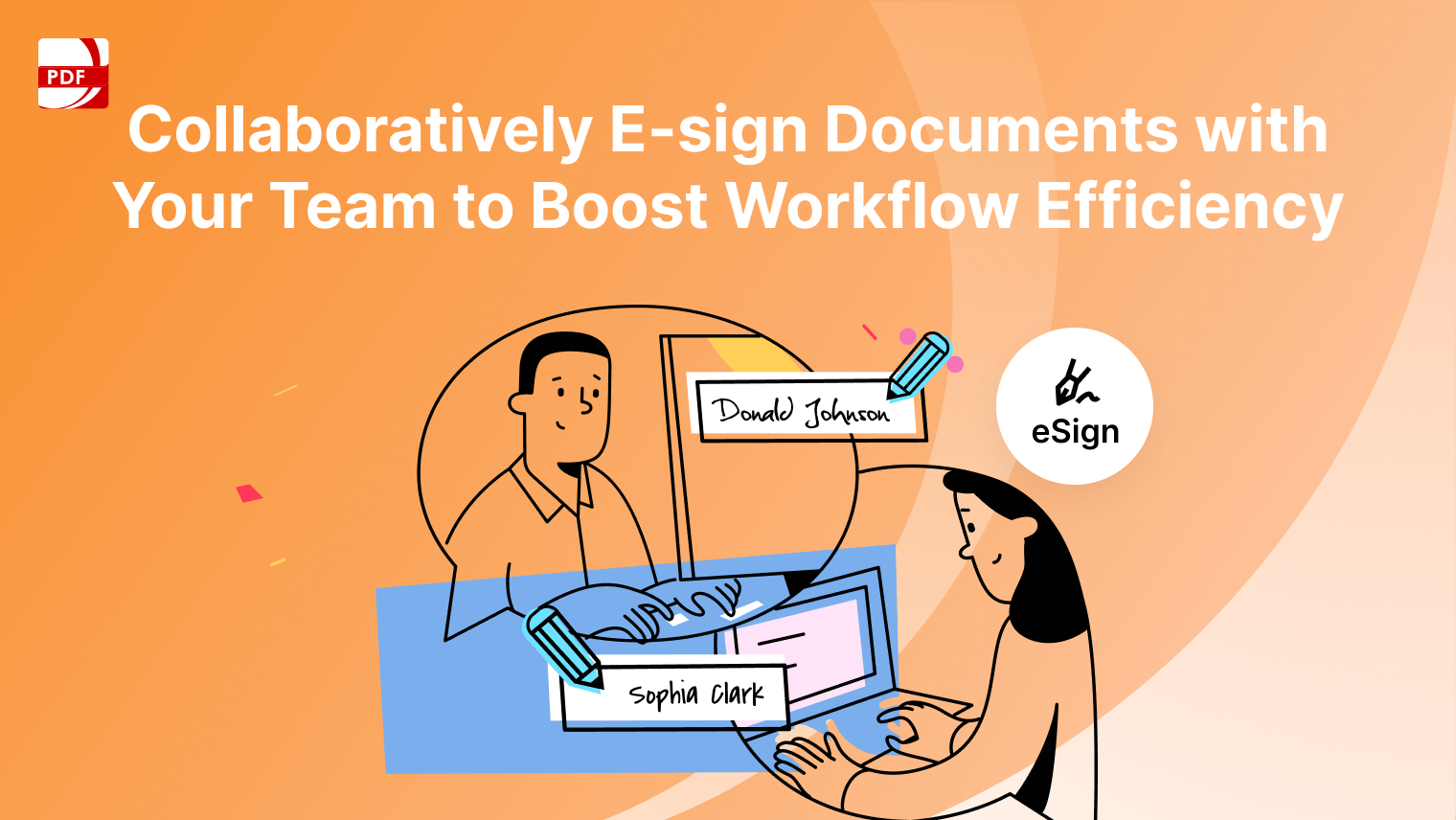In today's digital environment, enterprises rely heavily on various software applications during office operations, including project management tools and document editing software. Consequently, software deployment tools have emerged in the market, playing a crucial role in the unified management and maintenance of software for organizations.
This article tests the top 5 software deployment tools, detailing their functions and features.
What is Software Deployment Tool
Software deployment tools are specialized programs designed to automate and streamline the process of distributing, installing, configuring, and managing software applications across different environments. These tools play a crucial role in ensuring seamless and efficient deployment of software to end-users or within an organization's infrastructure.
This process involves installing the software on the intended devices to ensure successful installation and configuration for the end-users. Additionally, software deployment encompasses maintaining software functionality and distributing updates to ensure optimal performance and user experience.
In a word, software deployment is the key aspect of ensuring that software can be successfully delivered to users, function properly, and remain up-to-date.
Top 5 Software Deployment Tools
PDQ Deploy
PDQ Deploy is a user-friendly tool for simultaneously deploying software packages to multiple Windows systems. Its intuitive interface simplifies package creation and customization, while its extensive library supports both MSI and EXE files.
The centralized management console provides real-time insights and monitoring, streamlining deployment progress tracking and issue troubleshooting. Essentially, PDQ Deploy offers a reliable solution for effortless software deployment on Windows networks. While it stands out for its simplicity and reliability, some IT teams may also evaluate PDQ Deploy alternatives that provide cloud-native solutions, broader OS support, or enhanced automation features.
Key Features
-
Rich Package Library: Include over 200 popular applications for easy deployment.
-
Scheduled deployment: Supports automatic deployment at specified times or intervals.
-
Deployment history records: View current and completed deployments, their status, deployed packages, target specifics, etc.
-
Customized Software Packages: Ability to create custom multi-step packages to meet specific requirements.
Ansible
Ansible is another outstanding software deployment tool that significantly simplifies IT automation through its open-source Python framework. Apart from handling configuration management, it can effortlessly orchestrate software distribution and complete complex workflows to achieve seamless application deployment and system upgrades.
With an intuitive interface and human-readable language, Ansible caters to users of all levels while prioritizing security and reliability. It utilizes OpenSSH for transmission to avoid unnecessary complexities and ensure a smooth, secure deployment process without compromising performance or availability.
Key Features:
-
Efficiently Distribute Software and Orchestrate Workflow: Offers efficient software distribution and workflow orchestration capabilities, streamlining user operations within the system.
-
Human-readable Language Support: Utilizes human-readable language suitable for users at all levels, aiding in easier software comprehension and operation.
-
Security and Reliability: Prioritizes security and reliability to ensure stable system operations and data security.
-
Simplified deployment with OpenSSH: Utilizes OpenSSH transmission technology to streamline the software deployment process, enhancing deployment efficiency and reducing potential risks.
NinjaOne
NinjaOne is a top-tier software deployment tool renowned for its simplicity and effectiveness. Its user-friendly interface streamlines the software deployment process across various environments, including Windows, macOS, and Linux.
With NinjaOne, users can enforce compliance policies, ensure data security, and efficiently manage tasks. Its key features include robust automation, centralized control, and seamless integration with existing workflows, making it an ideal choice for optimizing software deployment and enhancing developer productivity.
Key Features:
-
Cross-platform Software Management: Users can easily manage software on different platforms.
-
Automated Patching: Automatically patches over 200 third-party software applications, enhancing system security and stability.
-
Custom Software Package Management: Efficiently create and store custom software packages to meet users' customization needs.
-
Device Filtering and Software Deployment: Achieves seamless device filtering and software deployment, ensuring efficient transmission and application of software across devices.
Chef
Chef utilizes powerful infrastructure automation and code-driven approaches to define configurations, ensuring consistency across environments. Its scalability and flexibility are suitable for complex infrastructures, while extensive platform support simplifies deployment. Chef's rich ecosystem, including pre-built recipes and community-driven development, aids in the rapid and efficient deployment and management of software.
Key features
-
Integration with CI/CD Tools: Seamlessly integrated with various CI/CD tools to enable continuous integration and delivery, enhancing the efficiency of the development process.
-
User-friendly Interface: Quick setup and configuration through a user-friendly interface to reduce barriers to entry and improve user experience.
-
Scalable Automation Across Multiple Devices: Achieve scalable automation across multiple devices to help users easily manage and deploy large-scale applications.
-
Customizable Functionality via Plugins: Customizable functionality through plugins allows users to tailor software deployment processes to their needs, enhancing flexibility.
Bamboo
Bamboo is an integration and deployment solution designed for seamless integration within the Atlassian environment. With its close workflows and tools such as Jira and Bitbucket, Bamboo stands as the preferred choice for integration with Atlassian environments. It is built to sync with Atlassian products, offering robust build and deployment capabilities while fostering a more collaborative environment.
Key Features:
-
Integration with Atlassian: Achieve seamless integration with Atlassian tools to enhance team collaboration efficiency.
-
Powerful Build and Test Automation Capabilities: Provides robust build and test automation functionalities to optimize software development processes and enhance product quality.
-
Diverse Deployment Options: Offers multiple deployment choices to adapt to different environments and requirements, enabling flexible and efficient software deployment.
The Advantages of Sofware Development
Easy Installation
Software deployment simplifies the installation process, making it more efficient, saving time, and reducing the labor spent on getting software up and running smoothly.
Efficient Updates
Software deployment enables effective software upgrades. When developers release new versions containing bug fixes or new features, users can quickly download and install them on their devices.
Enhanced System Stability
Proper software deployment ensures that applications run stably. It helps address compatibility issues and conflicts, providing a stable operating environment for software.
Reduced System Downtime
Methodical software deployment minimizes system downtime during installation or updates, maximizing productivity and ensuring applications remain available and accessible.
Improved Security
Software deployment allows timely implementation of security patches and updates to help address vulnerabilities and protect against cyber threats, thereby ensuring the security of data and systems.
How to Quickly Deploy PDF Software
If you happen to deploy PDF editing software to your organization's devices, PDF Reader Pro is your optimal software deployment solution.
PDF Reader Pro offers a comprehensive software package for enterprise users, facilitating rapid deployment and significantly enhancing document management efficiency for businesses of all sizes.
For deploying PDF Reader Pro, feel free to contact our sales team anytime for customized services.
Benefits of using PDF Reader Pro for your enterprise include:
-
Multiple deployment options for flexible deployment.
-
Centralized Admin Console for efficient management of licenses and team members.
-
Feature-rich PDF editor with capabilities for editing, annotating, conversion, form creation, encryption, OCR, and more.
-
High-security level. Protect sensitive information through encryption, watermarking, and digital signature.
Having the right software deployment tools is crucial to simplify the deployment process within your company. In this article, we discuss the benefits and procedures of software deployment, as well as the features of the top 5 software deployment tools. You can choose the most suitable software deployment tool based on your specific needs. If you require PDF software deployment, we recommend using PDF Reader Pro because it provides flexible deployment options and all-in-one features. Click on PDF Reader Pro to learn more.







 Support Chat
Support Chat